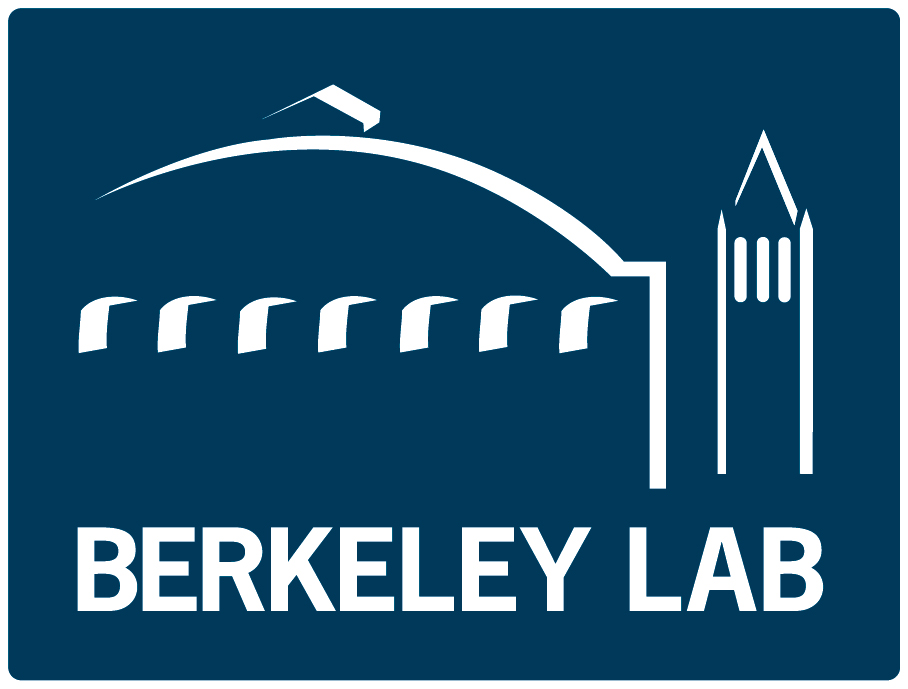APPLICATIONS OF TECHNOLOGY:
Foundational new approach to mass spectrometry that is compatible with microfluidics, for applications in
- Pharmaceuticals
- Biomanufacturing
- Diagnostics
ADVANTAGES:
- Enables “yes/no” determinations in binding assays, also potentially with ability to identify what is being bound
- Simplifies wafer-level batch fabrication
- Enhances reproducibility of traditional NIMS substrates
- Allows for direct extraction of undesired contaminants during passive sample drying
ABSTRACT:
Researchers at the Joint BioEnergy Institute (JBEI) have utilized fluorine-mediated self-assembly of functionalized nanoparticles to create micropatterned Nanostructure-Initiator Mass Spectrometry (NIMS) films for detection of small molecules, peptides, lipids, and enzyme activity. The technology combines functionalized nanoparticles, controlled deposition onto silicon wafers using photolithography (which is also compatible with microfluidics and amenable to large-scale production), and deposition of patterns that predictably fractionate complex samples to simplify the assay process. This approach eliminates etching to make the wafers, employs nanoparticles to stabilize emulsions, and eliminates current washing steps.
The sensitivity of the functionalized nanoparticle films has been compared to that of the commonly used matrix-assisted laser desorption ionization (MALDI) matrix. JBEI’s films yielded superior results in terms of sensitivity, as there was enhanced peptide sensitivity with a limit of detection of less than 20 fmols, as well as significantly lower background ions. Additionally, the passive fractionation of the nanoparticle film could be used in the analysis of complex samples or solutions that have MS-suppressing surfactants. The JBEI technology has further advantages over MALDI in that there is no need for co-crystallization of the analyte in a matrix, and sensitivity is not compromised by background noise due to ionization of matrix molecules.
Sensitive and non-destructive analytical techniques are greatly needed across a broad number of fields. Nanostructure-Initiator Mass Spectrometry (NIMS) is a matrix-free laser desorption ionization (LDI) substrate used to leverage laser-resonant etched-silicon nanostructures and initiator molecules for high sensitivity detection of adsorbed small molecules, lipids and peptides in LDI-MS. NIMS is advantageous in that it allows for wafer-level batch-fabrication and improves the reproducibility of traditional NIMS substrates.
DEVELOPMENT STAGE: Proven principle
STATUS: Published PCT Patent Application US2017/068027 (Publication WO/2018/136201). Available for licensing or collaborative research.
SEE THESE OTHER BERKELEY LAB TECHNOLOGIES IN THIS FIELD:
Determining Ligninases Activities through Nanostructure Initiator Mass Spectrometry (NIMS) 2016-109
